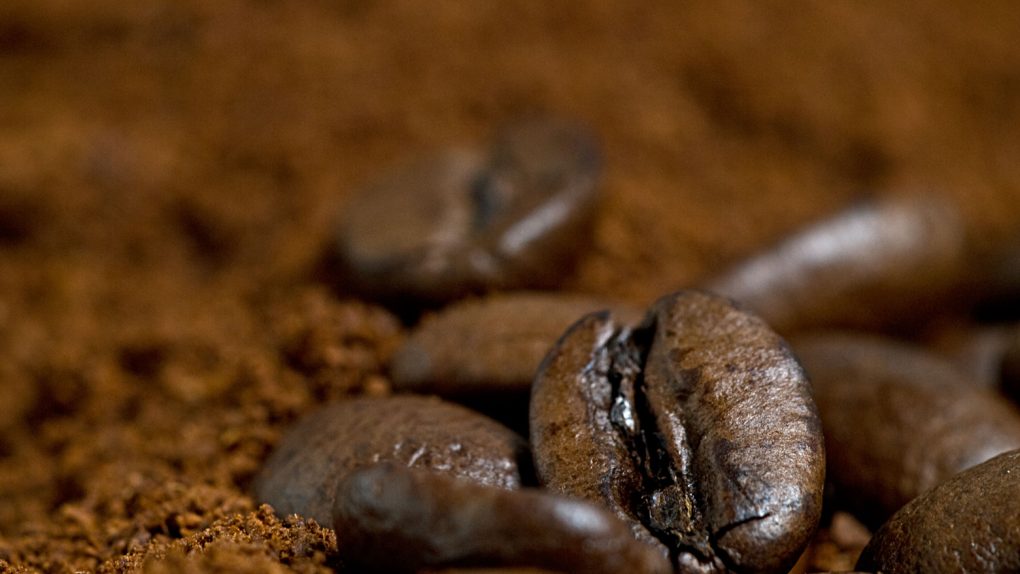Nothing gets the body going for a hard day’s work like a nice tall cup of coffee. Many of us just can’t get through the day without it, and the billions of casual caffeine addicts out there help to create an incredible amount of used coffee grounds that typically just end up in the landfill. That could change, as a new startup has partnered with Shell to test the feasibility of using discarded coffee grounds as a base for biofuels.
The startup, called Bio-Bean, has developed a biodiesel called B20 that is not only sustainable but also reduces CO2 emissions by as much as 15% over standard diesel fuel. Now, Bio-Bean and Shell want to see how well the innovative fossil fuel alternative will work with city buses in London.
According to Shell, Londoners drink a whole lot of coffee, and with millions of cups of joe being consumed on a daily basis there’s plenty of leftover coffee grounds to use. Approximately 200,000 tons of the coffee waste are produced every since year, and turning that discarded material into B20 fuel could be a win/win for everyone involved.
As for the fuel itself, it’s created with a mixture of coffee oil (which is extracted from the discarded grounds) and other organic compounds. The fuel will then be provided to city buses at a special fill station in London. Eventually, Bio-Bean and Shell hope to expand the venture and launch biofuel filling stations in other parts of Europe and possibly even the United States.
“This has huge potential of this for a brighter energy future,” Shell says. “Coffee makes up a component of the bio-fuel used in selected London buses today. But as a pure-blend, the 6,000 liters of coffee oil provided in this project by Bio-Bean would be enough to help power a bus for a year.”
The long-term plan is to partner with companies that already create a lot of coffee waste, like instant coffee producers, which would put their refuse to good use. Coffee is one of the most popular food products on the face of the planet, and there’s no shortage of coffee grounds in just about every corner of the globe, so scaling up shouldn’t be a problem.








